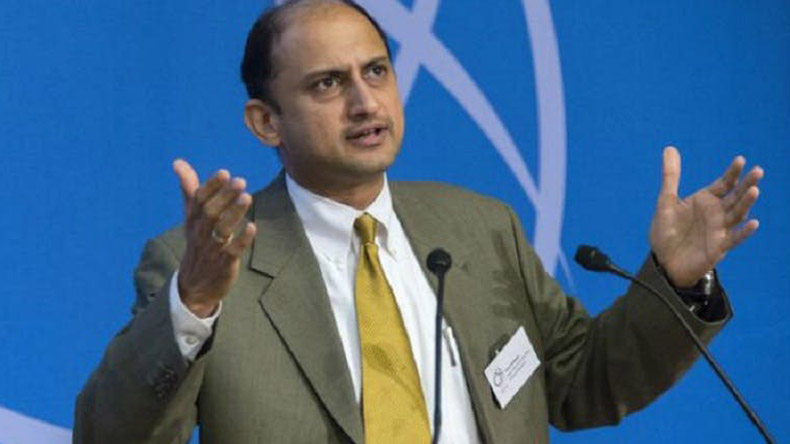A few days ago, RBI deputy governor made a speech criticizing the government for interfering with the autonomy of RBI. The left-liberal media establishment and the opposition picked up the issue to score political points against the government. Acharya has every right to ask for autonomy of the RBI and every central bank should enjoy maximum autonomy necessary to take policy decisions independently. But the recent record of RBI needs to be examined because if an institution asks for more power, it needs to perform. The independence of RBI is not a goal itself but a mean to achieve better policy direction for the country. Acharya should refer to former RBI governor YV Reddy on the issue of independence, according to whom, “There is no such thing as blanket independence. RBI is independent; within the limits set by government.” The tussle between RBI and finance ministry is obvious and it happens in every country. This tussle is necessary and healthy for economy but if one institution decides to go public, it is necessary to critically examine its performance.
Basically Acharya raised two important issue, he objected to the proposal to create a separate payments regulator which will curtail RBI’s say in regulating payments system, the second issue he raised was the same point raised by RBI governor, Urjit Patel after PNB-Nirav Modi fraud case– RBI has limited power to act against public sector banks. He claimed that RBI is playing Test Match and thus is in better position to secure long-term interest of economy while the government wants to play T20 match. Here, the central bank needs to be reminded of the famous quote by John M Keynes, ‘In the Long run we are all dead’. The accountability towards the economy lies with the government, if macroeconomic situation of the country destabilizes- the people, media and opposition will hold government accountable for that not the RBI.
The NPA issue which is one of the major economic issues faced by the Indian economy since decades was primarily due to the lackluster attitude of RBI. The central bank should have been held responsible for excessive lending by banks in 2008-14 which created NPAs worth 10 lakh crore but everyone blamed the government for that. Raghuram Rajan himself accepted in his reply to parliamentary committee of NPA problem that the central bank could have done more to prevent NPA crisis. The second point is that if a public official has dissenting views, s/he should express this in private not in public arena because by presenting views publicly could hurt markets sentiments. Therefore, a public official should keep dissenting views and criticism within the government circles and not spit everything in public.
On disciplining public sector banks, the central bank claims that it does not have enough supervisory powers. However, the fact remains that RBI can fine these banks, put them on warning. RBI has put more than 10 public sector banks on Prompt Corrective Action (PCA) list when NPA issue became too big, if it has taken similar action earlier, the NPA issue would not have become widespread. RBI could also ask the government to take action against corrupt PSB CEOs rather than complaining about everything.
The lackluster attitude of the central bank was not limited to PSBs on whom it claimed to not have substantial control, many private banks like ICICI bank, Axis Bank, and Yes Bank were operating with many irregularities but RBI did not take any strong action against them. Later, CEOs of these banks- Chanda Kochhar, Rana Kapoor and Shikha Sharma were shown the door due to government and shareholders’ pressure. The truth which comes out of these examples is that RBI has been a poor supervisor despite having substantial powers. RBI has also been unable to prevent crisis in Non Banking Financial Institutions (NBFCs) which came out after IL&FS defaulted over loans. Government has to take over IL&FS to prevent any ripple effect which could have harmed stock markets and the economy.
The case of payments should be solved by cooperation between government and the central bank. If the government wants an independent regulator, both parties should be part of this and the issues should be solved through talks not through mudslinging on public platforms. Over the decades the central bank has been among the central banks of the world which enjoys maximum autonomy. It is also among the institutions of India with least interference from executive branch of the country. The previous governors also accepted the fact that RBI is among ‘most conservative central banks in the world’ in terms of policy rates. Indian government and finance ministry complain over the issues but never tried to interfere with its autonomy and it should not do so. But not accepting its mistakes and placing the blame on the shoulders of the government will only make the central bank more autocratic and less accountable.
